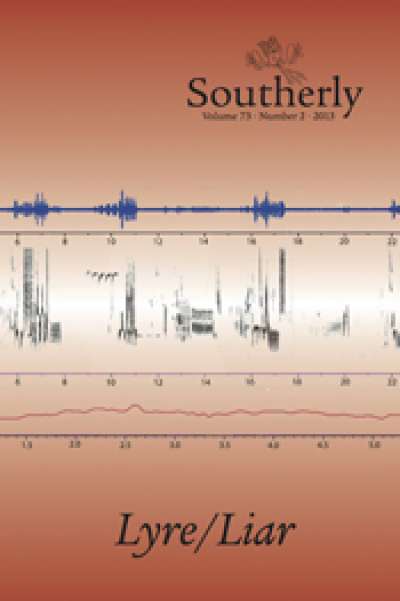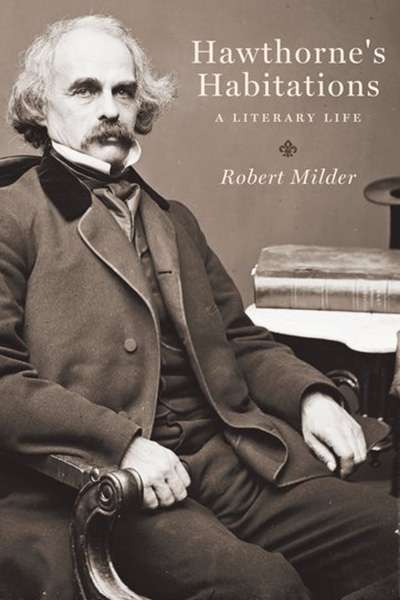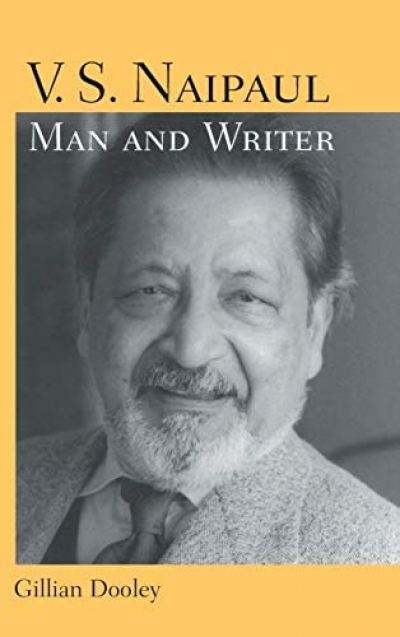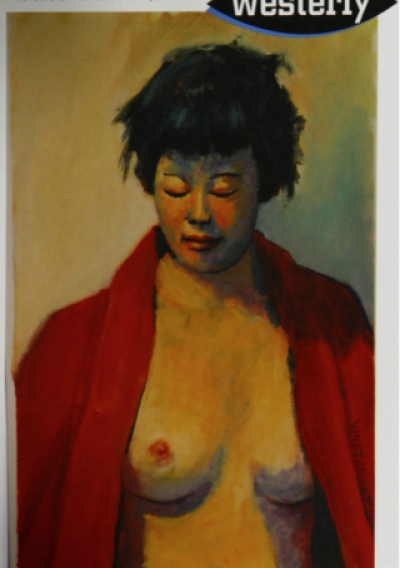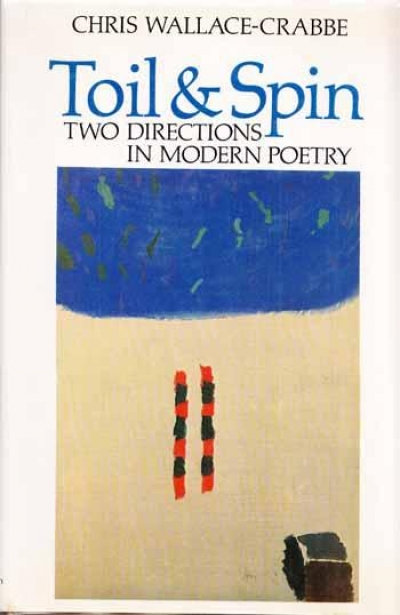Literary Criticism
There have been important publications in each of the fields of literary criticism, memoirs and biography, and history in New Zealand during the last few years. In a brief survey it is hardly possible to cover the field entirely; what I can do is to indicate what I take to be the important titles in each of these areas.
... (read more)Oxford University Press has begun a welcome series called Australian Writers. Two further titles, Imre Salusinszky on Gerald Murnane and Ivor Indyk on David Malouf, will appear in March next year and eleven more books are in preparation. Though I find the first three uneven in quality, they make a very promising start to a series. In some ways they resemble Oliver and Boyd’s excellent series, Writers and Critics, even being of about the same length. However this new series is less elementary, more demanding of the reader. It is, predictably, far sparser in critical evaluation, concentrating on hermeneutics, and biographical information is as rare as a wombat waltz.
... (read more)
